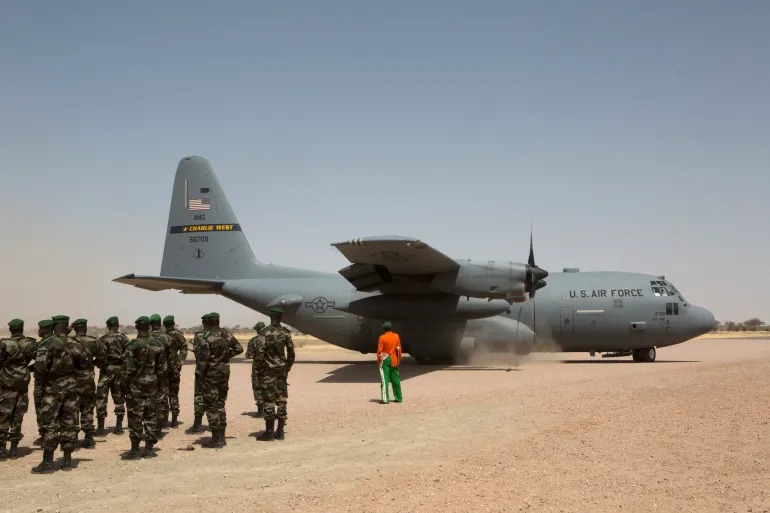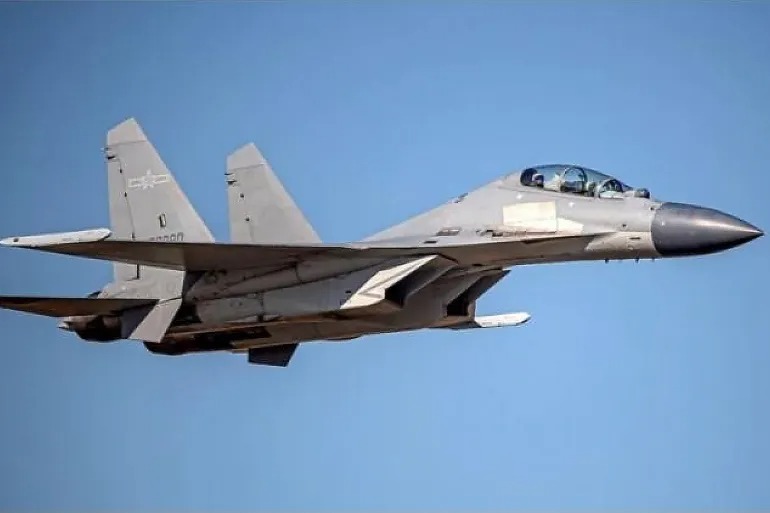In a significant diplomatic breakthrough, the United States military has regained access to its strategic airbases in Niger, marking a pivotal moment after the nation was thrown into turmoil by a coup that ousted President Mohamed Bazoum. Over a month of uncertainty, approximately 1,100 US soldiers stationed in Niger found themselves confined to their bases. However, negotiations with the country’s military leaders have now allowed the resumption of drone and crewed aircraft missions, addressing regional security concerns that have escalated in the absence of American support.
Diplomatic Breakthrough Paves the Way
The prolonged standoff following the July coup left US military operations in Niger at a standstill, with airfields temporarily shuttered. The breakthrough came when General James Hecker, the head of Air Forces in Europe and Air Forces Africa, announced that negotiations with Niger’s military rulers had borne fruit. These talks paved the way for the resumption of some intelligence and surveillance missions that were crucial for regional security.
“For a while, we weren’t doing any missions on the bases; they pretty much closed down the airfields,” General Hecker revealed during a press conference at the annual Air and Space Forces Association convention. “Through the diplomatic process, we are now doing, I wouldn’t say 100 percent of the missions that we were doing before, but we’re doing a large amount of missions that we were doing before.”
US Forces Resume Intelligence and Surveillance Missions
General Hecker disclosed that both crewed and unmanned missions have been reintroduced, with these flights resuming “within the last couple of weeks.” This development underscores the significance of the US military presence in Niger as a key regional outpost for patrols involving armed drones and other operations. These operations are aimed at countering rebel movements and fighters who have gained territorial control in the region, causing havoc and leading to the loss of civilian lives.
West Africa has witnessed a disturbing surge in rebel attacks, with over 1,800 incidents reported in the first half of this year alone, resulting in nearly 4,600 casualties, according to data from the Economic Community of West African States (ECOWAS). The US military’s role in Niger remains pivotal in addressing these security challenges.
Tensions Escalate as France’s Role in Niger Faces Scrutiny
Meanwhile, tensions in Niger have further escalated as France, which maintains close ties with ousted President Mohamed Bazoum, faces growing scrutiny regarding its presence in the country. France currently has approximately 1,500 soldiers stationed in Niger, and its officials have unequivocally denounced the coup and its leaders as illegitimate.
Compounding the situation, Niger’s military leaders have called for the French military’s departure from the nation, raising concerns that France may be compelled to initiate a complete military withdrawal. A French defense ministry source revealed last week that talks were underway with Niger’s military regarding the withdrawal of certain elements of the French presence in the country.
As the US military resumes its vital operations in Niger, the geopolitical landscape in the region remains fluid and fraught with complex dynamics, involving not only the United States but also its ally France. The coming weeks and months will be pivotal in determining the future of foreign military involvement in Niger and addressing the pressing security challenges faced by the region.
















